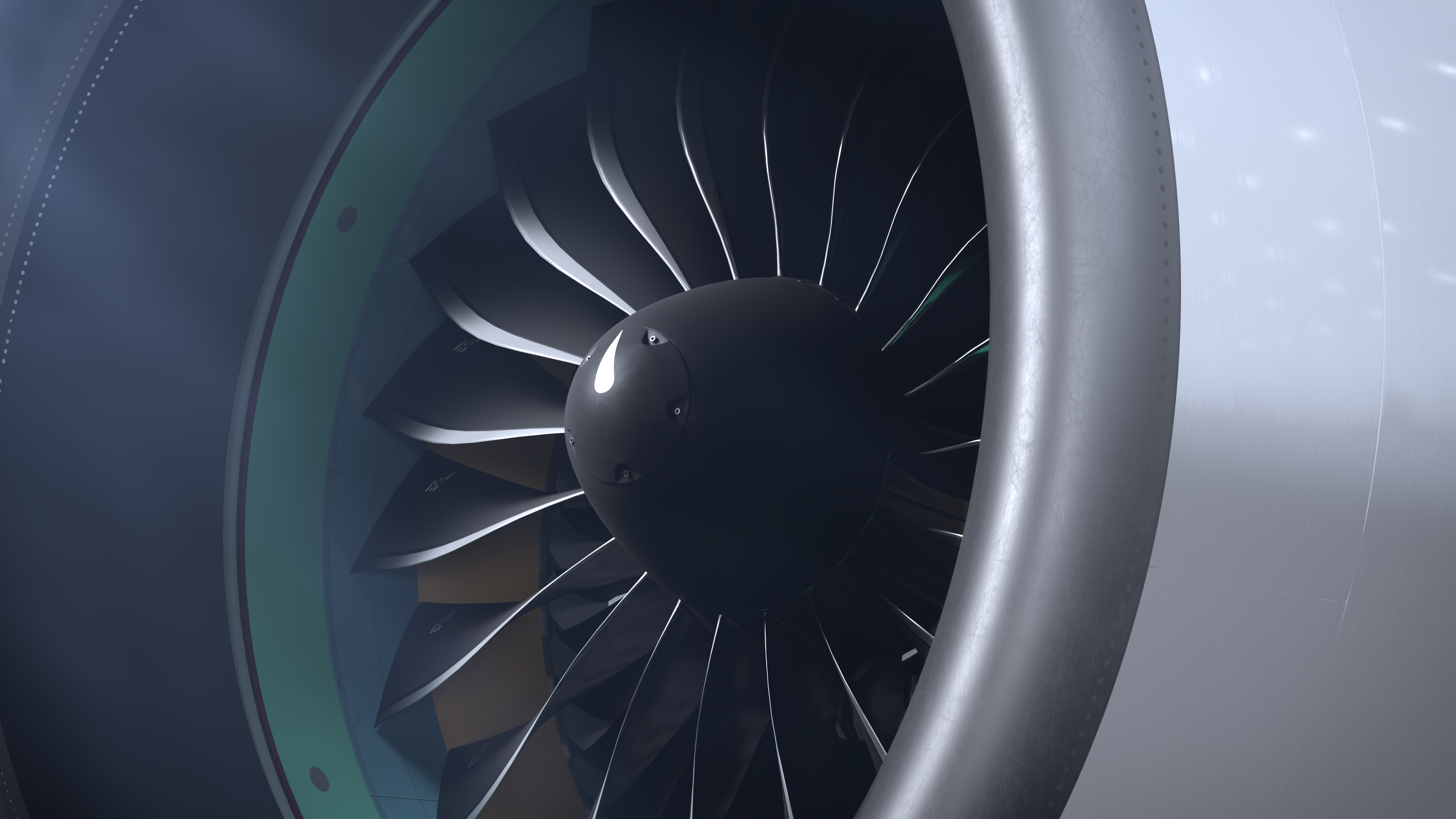RTX reported a net income of $1.5bn in the third quarter of 2024, swinging from last year's third quarter loss of $984 million.
The company recorded $20.1bn in sales, up 49% from the same period last year. Operating cash flow was down 24% to $2.5bn and free cash flow was down 28% to approximately $2bn.
“Demand across our portfolio, particularly within our commercial aftermarket and defence, remains robust and gives us the confidence to again raise our full year outlook for adjusted sales and adjusted EPS [earnings per share],” said RTX president and CEO Chris Calio.
Full year adjusted sales are expected to be between $79.25bn and $79.75bn - up from $78.75bn and $79.5bn. Adjusted EPS for the year is forecast to be around $5.50-$5.58 per share, up from previous estimates of $5.35-$5.45 per share. It also confirmed a free cash flow for the year of approximately $4.7bn.
“With a record $221bn backlog, we are focussed on executing our strategic priorities to drive best-in-class performance, deliver for our customers and create long-term shareowner value,” continued Calio.
Pratt & Whitney recorded $7.2bn in sales in the third quarter, up from $926 million in the third quarter last year. The RTX division's operating profit totalled $557 million, swinging from an operating loss of $2.4bn in third quarter 2023. However, the previous year was impacted by the powder metal issues present in its GTF engines, resulting in sales results reduced by $5.4bn, as well as operating profits by $2.9bn.
Calio said in an earnings call the company is continuing to ramp up GTF engines being put back in service. “We're going to really start to turn the corner on the insertion of powder metal parts as we head into 2025 as we continue to ramp up the isothermal forging,” said Calio. “We're putting in place continued capacity in all pieces of that value stream to continue to ramp up in 2025, so we have to do less balancing of that material in 2025.”
The company said isothermal forging has been ramped up 38% in the quarter compared to last year's third quarter.
“Overall, we're aligned with Airbus and what they need here in the fourth quarter,” said management in its earnings call. “We're laser focussed on helping them make their deliveries at the end of the year.”
In addition, the company said it made around $300 million in GTF engine compensation payments year-to-date, and expects payments to reach around $1bn for the full year.
“We're crediting customers as the AOGs occur,” said Calio in the call. “We consider that a cash payment when that credit is applied to a customer account, or we make a cash payment. That's how we're quantifying it.”
Collins Aerospace reported sales of $7.1bn, up 7% in the quarter. The increase in sales was partially driven by a 9% increase in commercial aftermarket. The increase in commercial air traffic, including higher flight hours, drove the higher sales for commercial aftermarket. Operating profit for this segment was up 18% to $1.1bn. Sales were also driven by a 14% increase in defence.
The increase in Collins sales were partially offset by an 8% decrease in commercial OE.
“Narrowbody volumes were down with a little bit both on the A320 side as well as the 737 side," explained management in its earnings call. “We obviously had a little bit of an impact from the start of the [Boeing] strike as well and we calibrated a level of impact here in the rest of the year going forward.” Management added that the company was “looking forward” to Boeing strike workers voting tomorrow, hoping for a resolution to over a month-long strike.
As of the quarter's end, RTX assets were $164.8bn. Its total liabilities, redeemable noncontrolling interest, and equity was $164.8bn. It $6.7bn in cash and cash equivalents at the end of the quarter.

